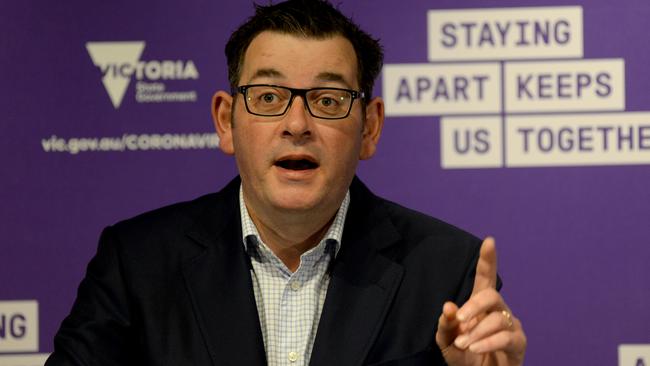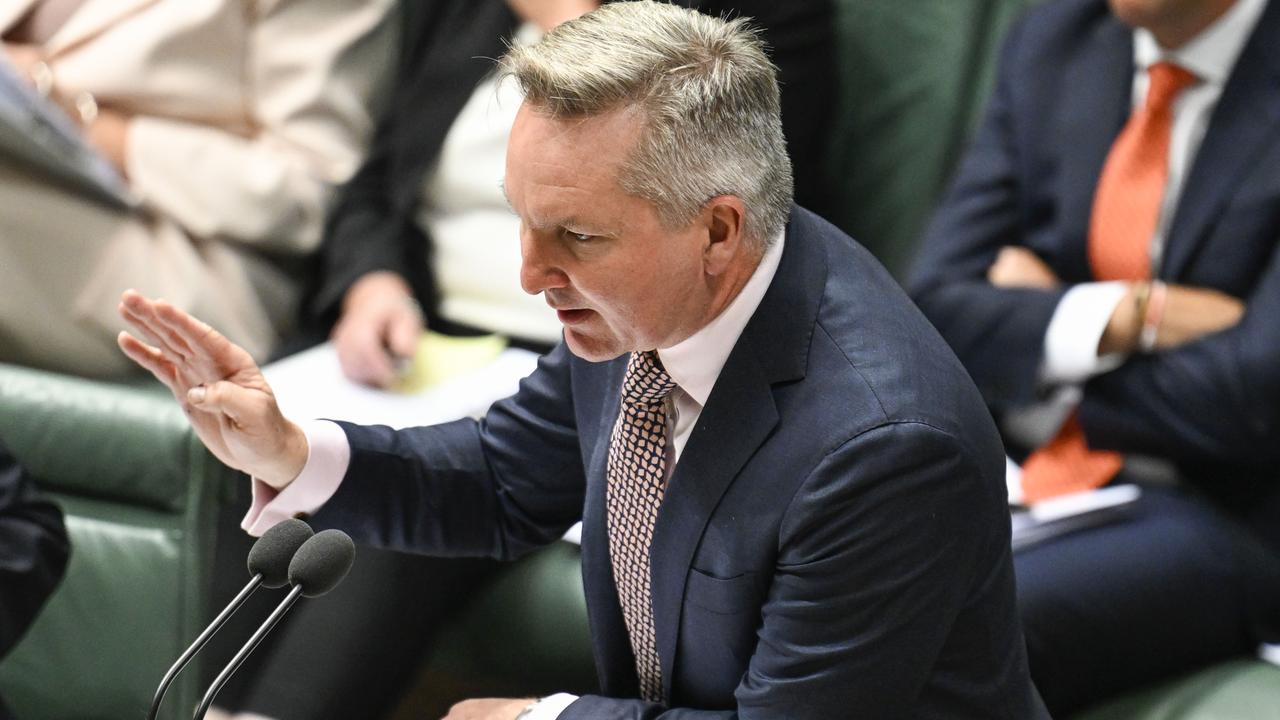Coronavirus lockdown myopia may sink us

The resurgence of COVID-19 cases in Victoria presents a challenging moment for policymakers, with the upward trend of cases forcing decisions about whether to double down on existing strategy. It is a classic moment of risk for what behavioural economists call the sunk-cost fallacy.
A sunk-cost fallacy occurs when someone argues to continue a course of action based on the costs already incurred, rather than assessing the merits of the case at the time. Classic sunk-cost fallacy examples include the businessman who continues investing in a failing venture because “we can’t give up now after the money we have poured in”, or the general who continues sending troops to the slaughter so that earlier soldiers “shall not have died in vain”.
Behavioural economists note that sunk-cost arguments often are related to responsibility or support for the original decision, and that those who feel ownership of the original decision are more prone to doubling down than people making assessments without prior attachment. For the owner of the original decision, changing course may call into question their judgment, and this can lead to a misalignment of objectives between the decision-maker and the broader entity.
One key to avoiding these problems is identifying sunk-cost fallacies where we see them and raising awareness of the adverse consequences of faulty reasoning.
According to Nobel prize-winning behavioural economist Daniel Kahneman, research suggests people aware of the fallacy are better at reversing out of failures than those who are not.
When it comes to the COVID-19 response, we have seen examples of such flawed reasoning here and overseas. In Britain, Health Secretary Matt Hancock said recently: “We’ve travelled together too far to turn back now.” British Home Secretary Priti Patel argued for further restrictions on the basis that “we owe it to the victims of COVID-19”. Victorian Premier Daniel Andrews regularly justifies policies using such rationales: “We simply have to stay the course on this. We’ve given up far, far too much to throw it all away now. We have all made massive sacrifices … we can’t give back all the gains made because a sense of frustration gets the better of us.”
This emotional language is typical of sunk-cost rhetoric, but the problem with these arguments is that the faulty logic can result in poorer outcomes.
At every step we need clear-eyed, hard-headed analysis that looks at the merits of the approach. Is the approach still optimal? What are the pros and cons? What are the alternatives?
It shouldn’t be thought that rejecting a sunk-cost fallacy will automatically lead to an alternative COVID-19 approach — that also would be illogical. It simply means getting rid of a flawed reasoning process and replacing it with a rational reasoning process.
Eliminating one faulty line of reasoning may seem like small beer, but when the stakes are so high it is no small thing to remove a source of possible problems.
David Alexander is managing director (federal) at Barton Deakin. The views expressed are his own.


